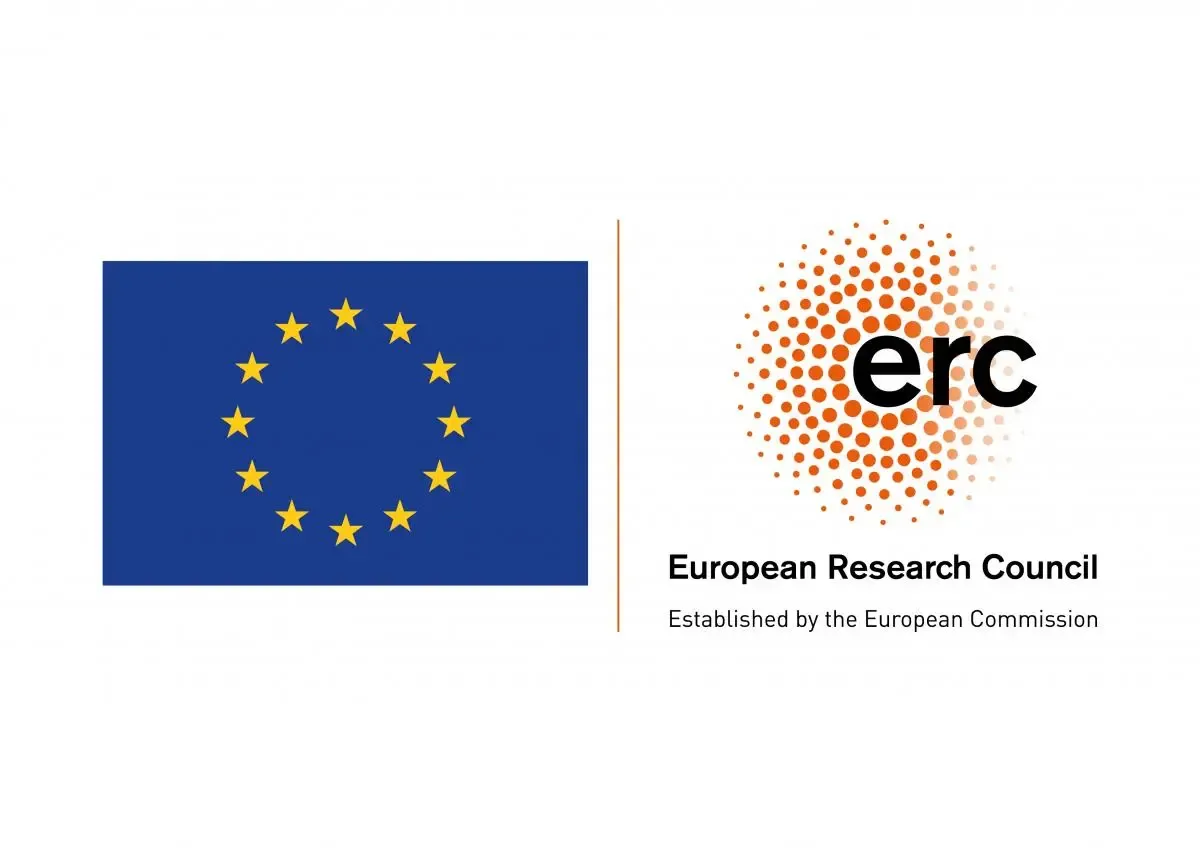NutriLab - Our research
The main goal of our research is to improve our understanding of the psychological and neural mechanisms of perceptual food experience and learn how they influence our evaluation of different food choices. We hope our work can thereby inspire the development of new interventions that facilitate dietary changes over the course of life and in health and disease.
We are currently pursuing this goal in three different projects:
1. Olfaction as a link between flavour preference and food consumption

Human food consumption habits globally pose a significant threat to public health and ecological sustainability. Awareness of the urgency for large-scale global changes has recently been growing substantially; yet, overcoming preferences for familiar food flavors in favor of healthier or more sustainable options remains a major challenge.
The high intrinsic reward value of taste, especially sugar and salt, is generally blamed for the resistance of humans to change their food preferences. There is, however, a fundamental lack of knowledge about the perceptual and emotional mechanisms that link these reward experiences during consumption to the identification of desirable food items before consumption, which ultimately drive our appetite and our dietary decisions.
Our research project OLFLINK will uncover processes that link olfactory perception inside and outside the mouth across three nested levels of investigation that are usually studied in separation. In doing so, we propose to discover key factors that facilitate or hinder acquisition of new flavor preferences. Specifically, we will 1: determine the distributed code by which odors acquire and evoke taste associations, 2: delineate the cortical control mechanisms that facilitate encoding and retrieval of odor-taste associations in the light of contextual variability, and 3: determine the interactions with digestive feedback that regulate this flexible coding system during flavor preference acquisition and retrieval. This final step especially provides insight into the body’s ability to adjust learning and retrieval of food preferences based on nutritional needs, and has potential to transform our thinking about the biological basis of maladaptive eating patterns. The novel insights from OLFLINK will fill the knowledge gap that currently exists between the mechanisms driving perceptual experiences during food consumption and the subsequent evaluation of food in the outside world, and will inspire the development of novel interventions to facilitate dietary changes over the life course.

This project has received funding from the European Research Council (ERC) under the European Union’s Horizon 2020 research and innovation programme (Grant agreement No. 947886). You can find more detail about its content in this article in The EU Research & Innovation Magazine Horizon.
2. Perceptual decision-making about food flavor in the mouth, and its role in food intake regulation
Every time we eat, we evaluate the flavor of the food in our mouth: is it a safe source of energy that should be swallowed, or a potential health threat that should be spit out? Getting this simple decision right is crucial for survival, because it allows us to maintain the balance between sufficient calorie intake on the one hand, and avoidance of accidental poisoning on the other.

It is well established that we accept foods when their flavor fits a familiar and expected object and reject them when it does not. How we decide whether a flavor belongs to a specific object, however, and which brain processes regulate these decisions, remains to date poorly understood. This project will explore the perceptual and brain processes that allow us to classify olfactory-gustatory percepts in the mouth into stable object categories. Taken together, the knowledge gained from this project will provide us with important insights into the psychological mechanisms that control our perception of the food we eat, and how we use this information to regulate the desire for eating in specific situations in everyday life.
This research is funded by a project grant from the Swedish Research Council (VR 2018-0318).
3. Dysregulated Anticipatory Reward Processing in Eating Disorders

Eating disorders have high morbidity and mortality and outcome, especially in anorexia nervosa, is poor, in part due to incomplete understanding of their underlying neurobiology. Neurobiological factors could thwart interventions by affecting the automatic elicitation of reward seeking behavior to food. Odor perception, a key elicitor of responses to foods, could provide novel insights into disturbances of brain reward circuitry in eating disorders. In this collaboration with Cynthia Bulik (Centre for Eating Disorders Innovation, Karolinska Institute) and Ata Ghaderi (Department for Clinical Neuroscience, Karolinska Institute) we explore dysregulated food odor processing in binge eating disorder (uncontrolled overeating) and Anorexia nervosa.
This research is funded by a project grant from the Swedish Research Council (VR 2022–02239).
